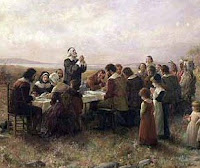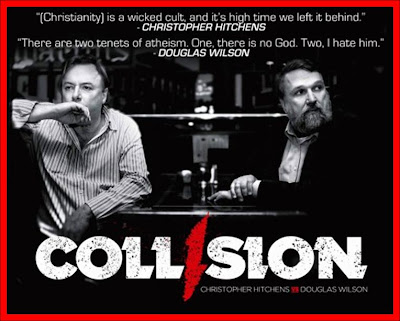
I wrote the following today for an online class I'm taking to renew my ACSI teaching credential. The class deals with teaching and reading Shakespeare with young adults. I thought I would post some of my writing assignments as I go, when they deal with a good topic. The following is a free response, answering the questions, "What have been your past experiences with Shakespeare, why do you think it is important to teach Shakespeare in high school literature classes, and What do you hope to gain from the course?" I'm looking forward to the class, as it looks like it's going to be helpful.I've always had a love for Shakespeare. Even as a younger student in school, reading Shakespeare's plays have always been intriguing for me, albeit difficult at times. I think it's always been the uniqueness of his stories, and the mystery we experience as we decipher his language, that have been so appealing to me. I also really enjoy when a story completely immerses the reader in its atmosphere, and Shakespeare's plays do this like few other works. Who hasn't felt the eerie foreboding of the foggy Scottish moors in
Macbeth, or the terror in the castle on the night of Duncan's murder?
As a graduated English major, and as a teacher of literature, I still feel that way about Shakespeare by and large. I also appreciate the richness of the early-modern English now more than I ever did. I still remember my Shakespeare prof. from college telling us that good old Will (as she affectionately called the Bard), wrote his plays when there weren't any grammar books or dictionaries to guide his use of language. Without Shakespeare, perhaps we would all be speaking French, instead of reciting Hamlet's beautifully tragic lines in English. That would be different, sure; but it's hard to imagine our favorite pieces of Shakespeare's text written any other way.
I really do believe teaching Shakespeare is important to continue in our classrooms. Just because something is old doesn't make it irrelevant (as Mary Ellen Dakin argues in the introduction of our class text), and Shakespeare's plots connect in so many ways with mankind in our present day that we would be mistaken if we thought we must abandon his work for something more "novel." C.S. Lewis wrote about the tyranny of novelty, and I have to echo his opinion that some of the richest, and most relevant (and correct) observations about life come from the classic authors.
Shakespeare's language, as Dakin mentions, can also serve as a great leveler in our classrooms. Students come into our literature classes from widely varied backgrounds (culturally and socially); varied home lives, talents and academic abilities. When we open a play by Shakespeare, there is a definite sense in which we are all "in it together." We must all decipher and decode his sometimes-archaic language, and determine what his stories have to say to us.
In my last 4 years teaching high school literature and composition, I've taught several plays, for a few different grade levels. For 9th - 12th grades (all of which I've taught at one point or another at our private school), we have read
Julius Caesar, Hamlet, Romeo and Juliet, and
Macbeth. And I do realize that those are all tragedies. Hopefully my classes over the past years haven't experienced tragedy in our reading of them.
Overall, Shakespeare remains at the top of my list of favorite authors, in all of his complexity and mystery. I really do hope to gain some new, fresh ideas for how to bring students along in discovering the good in reading him.
 Two years ago this December I posted a link to the "Messiah", by George Frederic Handel, on NPR's website. You can click the link to the player and listen to the whole piece - it's great!
Two years ago this December I posted a link to the "Messiah", by George Frederic Handel, on NPR's website. You can click the link to the player and listen to the whole piece - it's great!



